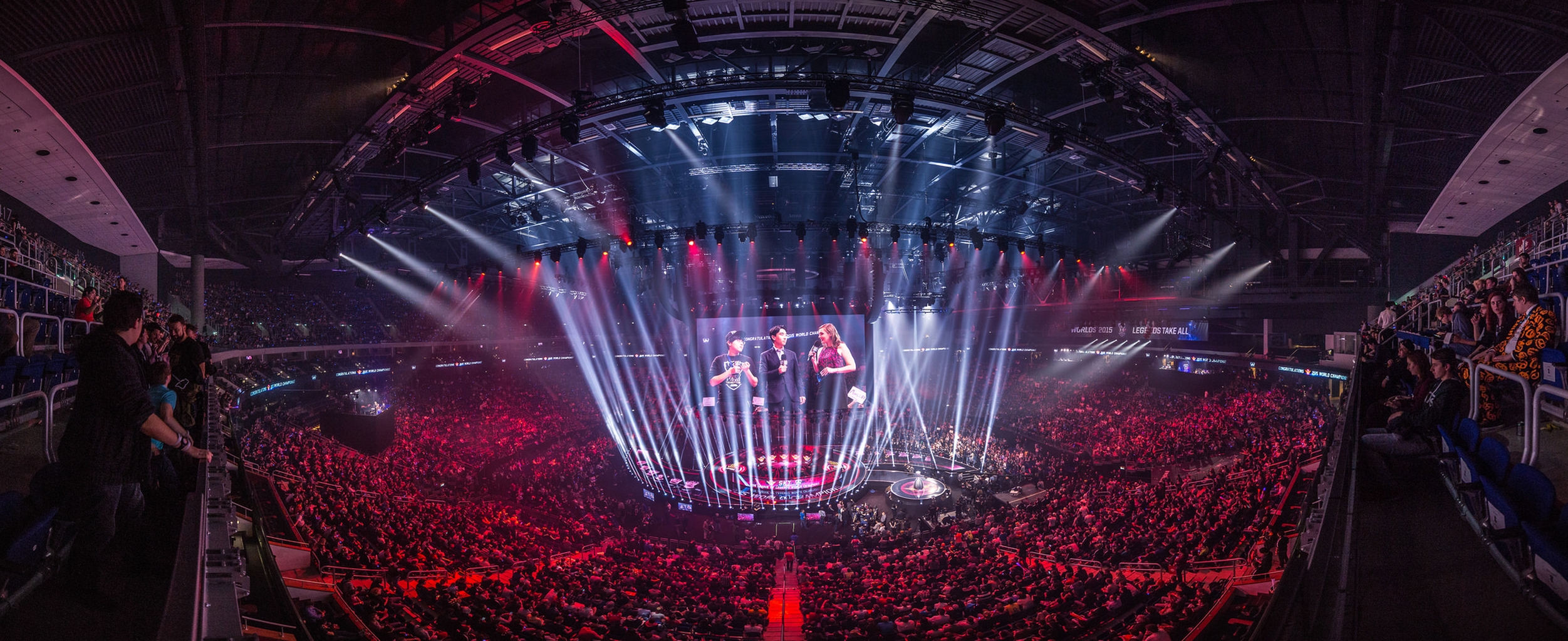After a long year for players trying to compete at the highest levels of League of Legends, Riot Games finally admits that the dynamic queue it implemented in January was a mistake.
Today’s Riot Pls, a series where the developer discusses its thought process regarding many of the game’s most sensitive issues, revealed that solo queue will return, for at least the highest tier of competitors.
“Dynamic queue is still failing to meet many of your needs,” League of Legends lead producer New001 wrote. “More specifically, it’s undermined competitive integrity at the highest levels of play. It’s taken us too long to get here and we apologize for the delay.”
So the return of solo queue is imminent. In 2017, Riot will introduce a new ranked system with “legitimate competitive standings” for all players, but for now solo queue will be back for at least the highest skilled players.
Challenger players will now only be able to queue solo, while players ranked Diamond and above must queue solo or with one partner. In addition, Riot is changing the rate of ranking decay at Master and above to encourage more ranked play, and planning to create a stronger reward structure for ladder success, with details on new “physical rewards” for Challenger players to be announced. Riot is also adding a stipulation that players will never be “auto filled,” meaning placed into a role they didn’t explicitly select, during promotion series, which decide whether a player will advance in rank.
Dynamic queue, introduced at the start of the 2016 season of League, lets players queue for ranked play in a group of any size. Previously players could only compete on the ranked ladder as a solo player or a duo (queueing with a single friend), which maintained a certain level of competitive integrity as team coordination has an outsize effect on results compared to the individual skill of players.
League of Legends, of course, is a team game, so it’s understandable why Riot Games wanted to move in that direction. But the change undermined the ability of the ladder to accurately judge the skill level of competitors, which was a key reason why players played ranked games. Even lower skill players want accurate rankings so they can gauge how much they improved against their peers over the course of a long season. The queue changes also had a large impact for the highest ranked players, increasing queue times by a large amount and increasing the number of games where they were matched up with lower skilled opponents.
The changes should solve many of those issues for top ranked players, and Riot promises that their 2017 ranked system will provide legitimate skill rankings at all levels of play.
“While we’ve heard some comments suggesting otherwise, it’s never been a goal for us to make League more casual,” New001 wrote. “We believe League is for hardcore gamers, and mistakenly believed we could offer real competition to all parties with the same experience. Our long-term vision is to be a global sport, and our goal remains the same: to offer competitive experiences for all players, from solo competition to focused, competitive teamplay.”

